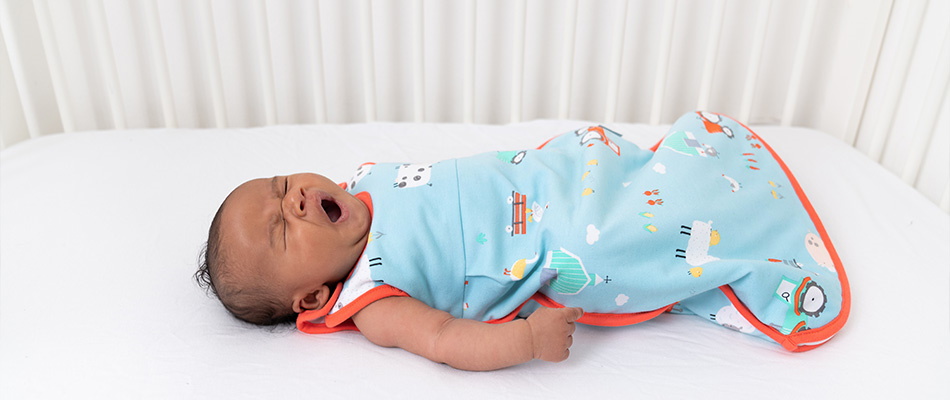As new parents, the well-being and safety of your baby are top priorities. One essential aspect of their health is maintaining a stable body temperature, which can be a source of concern for mums and dads. In this article, we will explore practical ways to assist your baby and learn about the developmental milestones when they can regulate their body temperature.
Why Can't Babies Regulate Their Body Temperature?
Babies are born with an immature thermoregulatory system, making them vulnerable to temperature changes. During the first few months, they heavily rely on external factors like clothing and environmental conditions to keep their body temperature comfortable. The presence of natural insulating fat, often referred to as baby fat, adds complexity to this process. Due to their large body surface area in relation to their weight, babies can experience rapid heat loss, with the head being particularly susceptible. Additionally, if a baby kicks free during sleep, their metabolism cannot respond since it slows down during deep sleep.
When Can Babies Regulate Their Body Temperature?
The ability to regulate body temperature gradually improves as babies grow and develop. Around six months of age, most babies begin to develop more efficient mechanisms for thermoregulation. Their bodies become better equipped to adapt to temperature variations and maintain a consistent internal temperature. However, it's important to note that individual babies may differ in their ability to regulate body temperature, so paying attention to your baby's cues and adjusting accordingly is crucial.
Between the ninth and twelfth months of life, all physical requirements are so well developed that babies can adjust their body temperature to external conditions.
What You Can Do to Help Your Baby Regulate Their Body Temperature
Until your child can independently adjust their body temperature, they rely heavily on your support to feel comfortable in everyday life. Here are some tips:
- Create a comfortable room temperature: Aim for around 24°C during the day while ensuring your baby is appropriately dressed. Gradually reduce the temperature and clothing layers over the first few months.
- Prepare the sleeping environment: Prior to bedtime, ventilate the room well and lower the temperature to 18-20°C. Ensure your baby is wrapped up adequately. Consider using a baby sleeping bag that cannot be easily kicked away and provides consistent warmth.
- Keep your baby warm after bathing: After a bath, the temperature difference can be extreme for their body. To avoid weakening their immune system, ensure they are kept warm and cosy.
- Choose the right clothing: Opt for multiple thin layers instead of a single thick layer. This allows better insulation in cold temperatures and easy removal of layers in warmer conditions.
The Significance of Baby Sleeping Bags
Baby sleeping bags have become popular among parents due to their benefits in regulating body temperature. Here's why they are important:
- Optimal warmth: Baby sleeping bags are made from breathable materials, providing the right amount of warmth without overheating. They eliminate the risk of suffocation associated with loose blankets.
- Safe sleep promotion: Using a baby sleeping bag ensures that your child's head and face remain uncovered during sleep, reducing suffocation hazards. The snug fit of the sleeping bag prevents excessive movement and helps maintain a consistent body temperature throughout the night.
- Convenience: Baby sleeping bags are designed for ease of use. With zippers and press studs, they facilitate hassle-free nappy changes without fully disturbing your baby's sleep. The wearable nature of these bags ensures they stay securely in place.
- Mobility and comfort: Baby sleeping bags allow freedom of movement as your baby grows. Whether rolling, crawling, or eventually standing, a sleeping bag or a sleeping bag with feet provides the flexibility they need while maintaining a stable body temperature.





